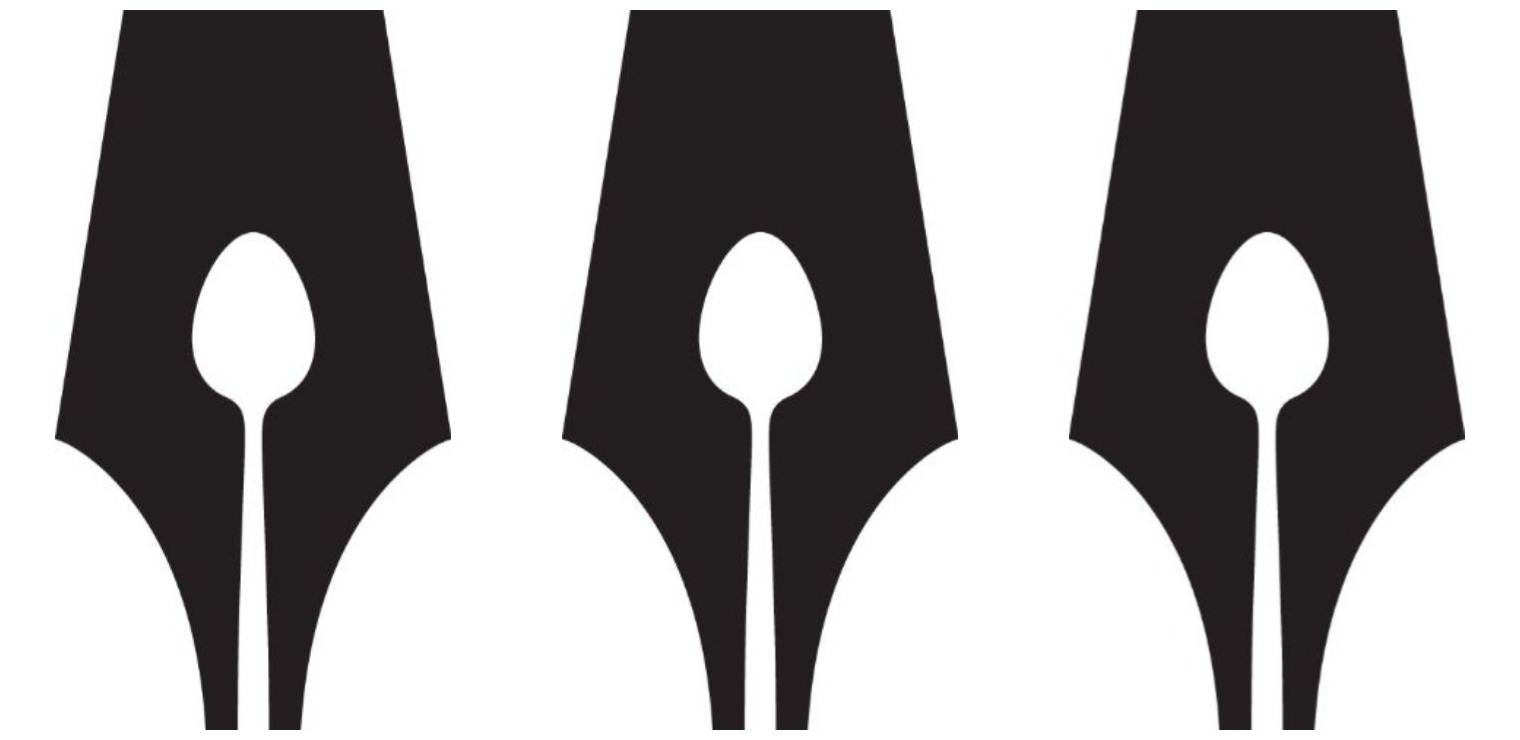Talking Point: Rosemary Barron February 2022
Each month we invite a Guild member to share something they feel strongly about. This month: Rosemary Barron on why she gets annoyed when a recipe asks her to ‘grease the tin’.
A recipe stating ‘grease the tin’ (or pan or dish) is a real turn off for me. For isn’t grease something you slather on car plugs or door hinges?
This is not at all meant as a diatribe ‘against’ the many recipe writers using the phrase; I just feel niggled every time I read or hear it. So I decided to ‘cure myself’ and check the dictionaries. They didn’t help. The (online) Cambridge Dictionary for example states that ‘grease’ (noun) is ‘any thick, oil-like substance’; it could also be ‘animal or vegetable fat that is soft after melting’. With examples: ‘You’ll have to put some grease on those ballbearings’ and ‘The dinner plates were thick with grease’. Charming. Then the verb: ‘Grease the tins well before adding the cake mixture’. Now I understand. How can I possibly argue with the Cambridge Dictionary.
Well, I do. Is this really a phrase we want to use in our food writing to suggest a delicious and enticing, not to mention healthy, dish? A 1980s Cretan village neighbour used to refer derogatively to the large cans of (commercial) olive oil for sale in shops as ‘engine oil’. His point remains with me: extra-virgin olive oil is not ’grease’.
If I’m contemplating following a recipe containing all sorts of fine ingredients, I am much more likely to continue reading if the recipe states ‘rub cake tin with butter’ or ‘brush pan with olive oil’ instead of telling me to smear on that utterly yucky substance, grease.
If you have something on your mind, send it to Talking Point at admin@gfw.co.uk.
Rosemary Barron



